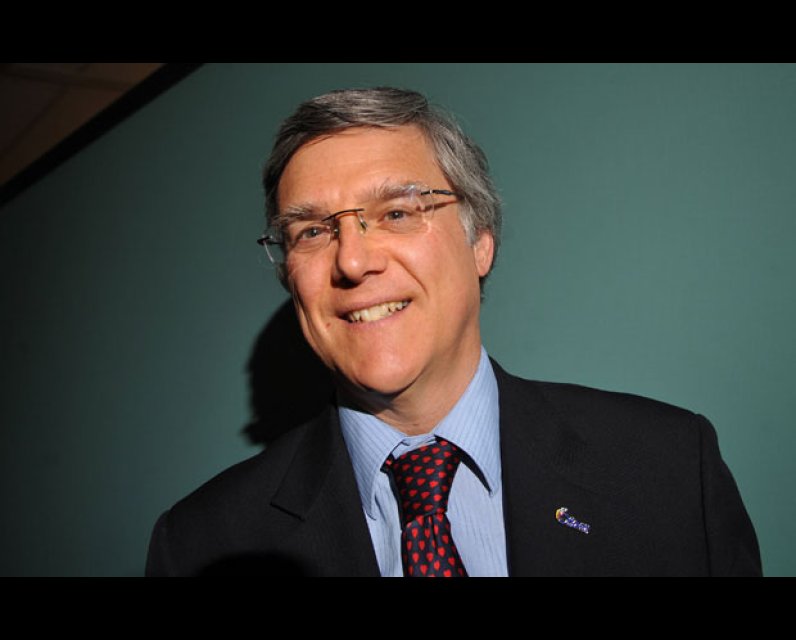Warning message
- Last import of users from Drupal Production environment ran more than 7 days ago. Import users by accessing /admin/config/live-importer/drupal-run
- Last import of nodes from Drupal Production environment ran more than 7 days ago. Import nodes by accessing /admin/config/live-importer/drupal-run
Unpublished Opinions
Former OBE Trustee (1982-88), Ottawa City Councillor (1991-94), RMOC Councillor (1991-97), MPP Ottawa West (1997-99), Ottawa City Councillor (2000-2010). Economist, former Policy Analyst NHW (1982-91), former Executive Director Council on Aging (1999-2000), former Parliamentary Assistant to MP Mike Sullivan (2011-2015). Triathlete (including 4 iron distance triathlons), 3-time winner Rudy Award. Past-President Federation of Citizens Associations.
Media Release: 2010 Election Finances Study released today

This is the third analysis I have done regarding Ottawa's municipal election finances (the previous ones covered the 2003 and 2006 municipal elections). It is done in the public interest, to further transparency and a better understanding of the municipal election dynamics that gives us a new City Council.
2010 Election Finances Study reveals developers and other corporations who do business with Ottawa City Hall directed targeted campaign funds through associated companies, employees and family members to 19 City Council candidates, electing 17;
Study author Alex Cullen says developer campaign strategy is “inimical to democracy”, not in public interest, and calls for provincial legislation to end corporate & union contributions
Today (October 14, 2014) former Bay Ward Councillor and current candidate Alex Cullen released a 64-page analysis of the 2010 municipal election financial statements filed by 14 mayoral candidates and 97 city council candidates (online at www.alexcullen.ca/News/2010 Ottawa Elections Finances Study).
Mr. Cullen found that corporations that do business with Ottawa City Hall – developers, contractors, consulting firms, etc – dominate corporate and union election contributions; that these corporations directed nearly three-quarters of their contributions to 19 candidates of the 97 candidates running for City Council (and 2 of 20 candidates running for mayor), successfully electing 17 of them; and that these corporations used associated companies, employees and family members to boost their contributions to these candidates, in some cases violating the provincial maximums allowable.
Of the 23 members of City Council elected in 2010, only 4 took less than 10% of their donations from corporations, two used surpluses from the previous election (in large part funded by corporate donations in 2006). Of the remaining 17 elected councillors, 9 received 40% or more of the revenues from corporations that do business with City Hall. Further, of the 4 councillors who fundraised after the 2010 municipal election to pay off campaign deficits, corporations who do business with City Hall contributed 45% or more of the funds needed to pay off these deficits. In one case Bay Ward Councillor Mark Taylor accepted donations from taxi owner-operators and the taxi union after unilaterally bringing in a report favourable to the taxi industry.
As well, Cullen discovered many instances where these corporations evaded the total contribution limit of $5,000 per election through using associated companies, employees and family members. Claridge Homes, for example, used 3 companies and 4 family members to channel 21 cheques worth $14,800 in total to 10 candidates. Likewise companies associated with Richcraft Homes (plus family members, plus employees) wrote 26 cheques to 14 candidates worth over $14,800. Other names familiar in the developer industry – Arnon Development, Minto, Urbandale – took similar action. Other companies involved include the Senators Hockey Club through Capital Sports & Entertainment, the Taggart Group of Companies, and Fotenn Consultants.
Said Alex Cullen (who had authored similar reports on Ottawa`s campaign finances for the 2003 and 2006 municipal elections): “People concerned about the integrity of the municipal elections must worry when corporations who do business with City Hall dominate the electoral process like this.”
“Out of 110 candidates running for City Council these corporations were successful in focussing nearly three-quarters of their funds on 19 candidates and saw 17 of them elected. And they chose Jim Watson over Larry O’Brien for mayor by a three-to-one margin.” Said Cullen: “When money plays so crucial a role in getting elected, the dominance of these corporations creates an un-even playing field in Ottawa’s municipal elections, and this needs to be corrected. The Province needs to step in and ban corporate and union municipal campaign contributions.”
Cullen cited 3 reasons why corporate and union campaign contributions should be banned:
- Allowing corporations and unions to contribute creates a privileged elite who can give twice – once as individuals and again through controlling their corporations. Said Cullen: “John Doran of Domicile Developments has every right to support the candidates of his choice personally, which he did 7 times, but why should he be able to use his corporation to write an additional 15 cheques to candidates?”
- Corporate contributions in Ottawa are dominated by businesses who do business with City Hall: they are electing city councillors who will vote on their land applications and contracts. Among the contributors (besides developers) were Orgaworld, Waste Management Inc., and Plasco – all corporations dependent on City Council for contracts worth millions. It creates the appearance of a conflict of interest (even worse in the Mark Taylor-taxi case).
- While candidates get elected by receiving the most votes, it takes money to contact voters and win those votes. It is no co-incidence that the biggest spenders get elected, and part of the ability to spend big is corporate contributions. These corporations, who have a clear interest in determining who will be voting on their land applications and contracts, focussed their funds on a select set of candidates and were successful in getting them elected – in essence “winning” the election. This is not in the public interest.
- 30 –
For more information read the full report at www.alexcullen.ca/News/2010 Ottawa Elections Study, or contact Alex Cullen at alexcullen@rogers.com, or call 252-5634.



Comments
Be the first to comment